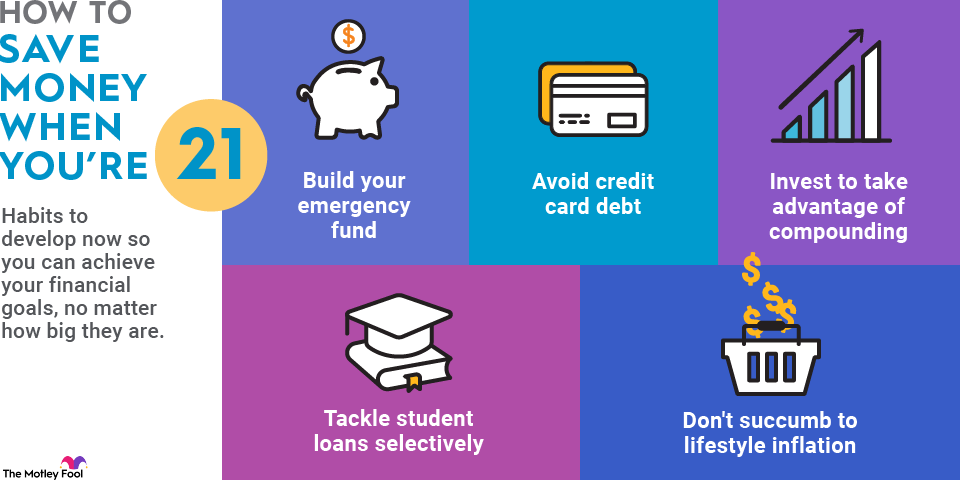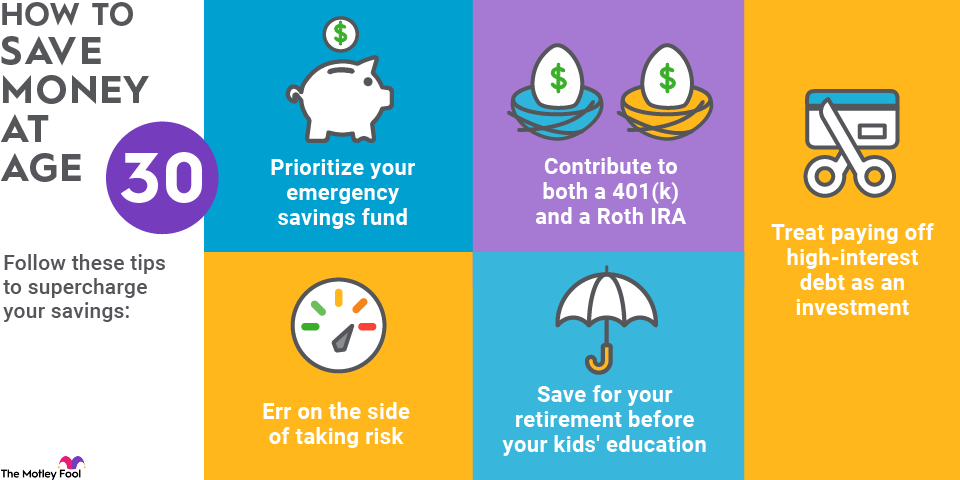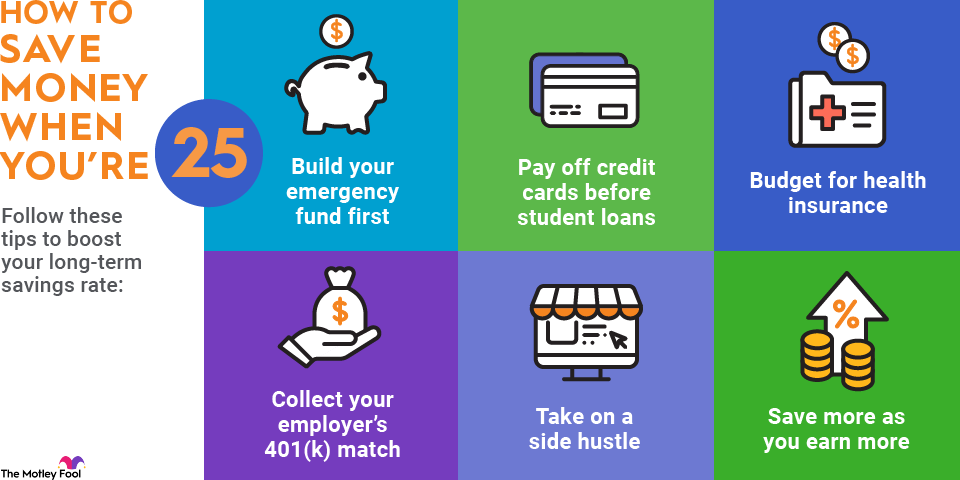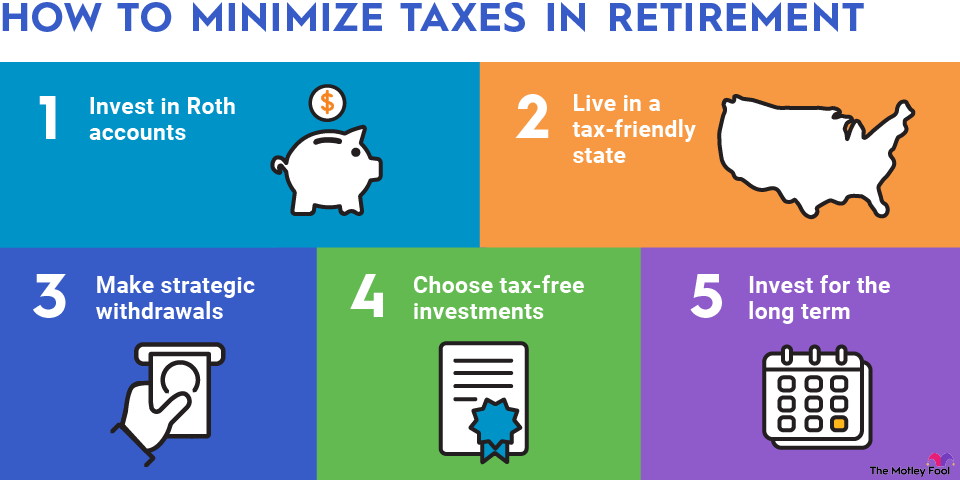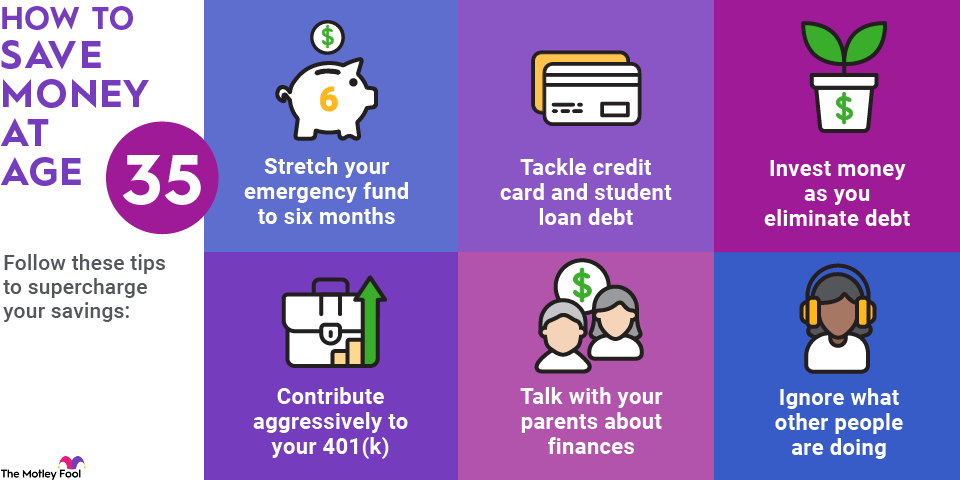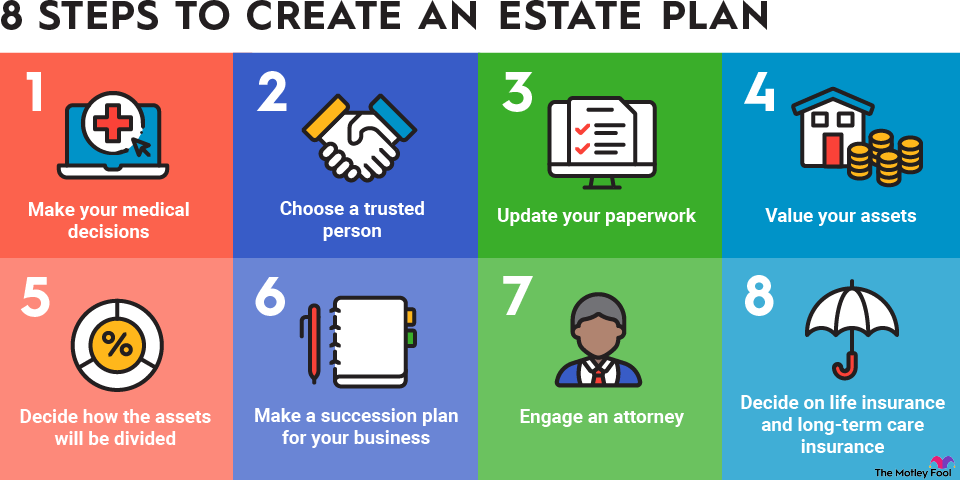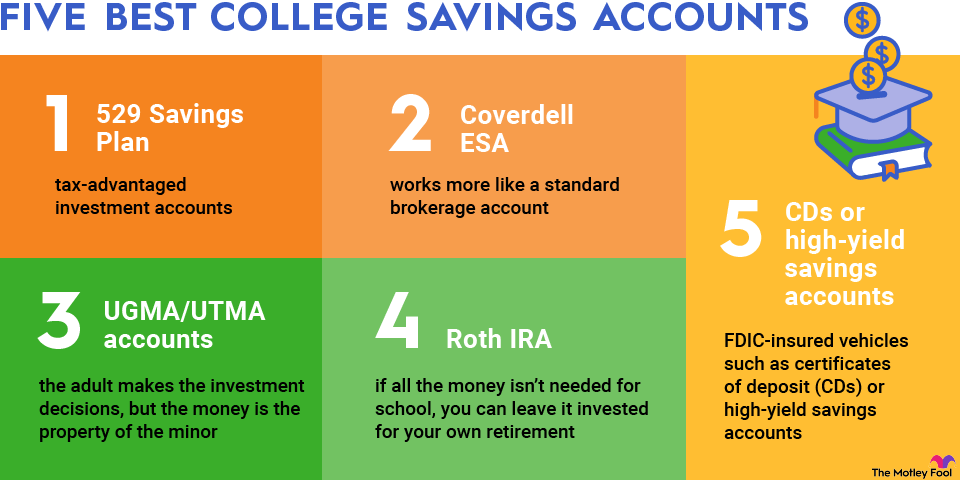Try to budget a small amount of your income to put in a dedicated savings account, even if you can only manage $10 or $20 a week. Once you have a steady income, you can gradually work up to saving six months' worth of expenses.
Keep your three-month emergency fund in cash, not in the stock market. Money for emergency use needs to be immediately available to you in a pinch.
Avoid credit card debt
While student loans are a big source of worry for a lot of young people, credit cards are typically a far more toxic form of debt. The average interest rate when you carry a credit card balance is above 16%, which is much higher than the average interest rate for student loans.
At age 21, you haven't had too much time to amass a hefty credit card balance. Pay off any balance you have already acquired once you've set aside the money for your three-month emergency fund. You don't need to avoid credit cards altogether since using a credit card is typically the best way to build a credit history. But avoid charging anything you can't afford to pay off at the end of the month.
